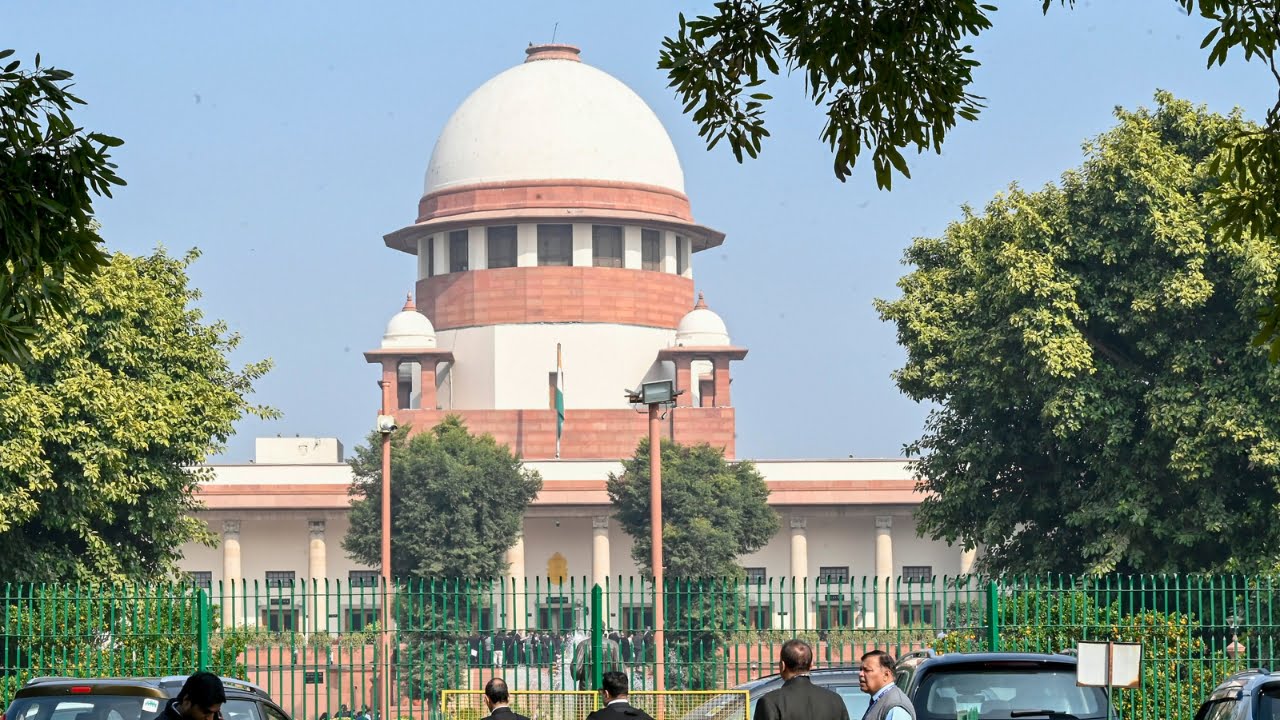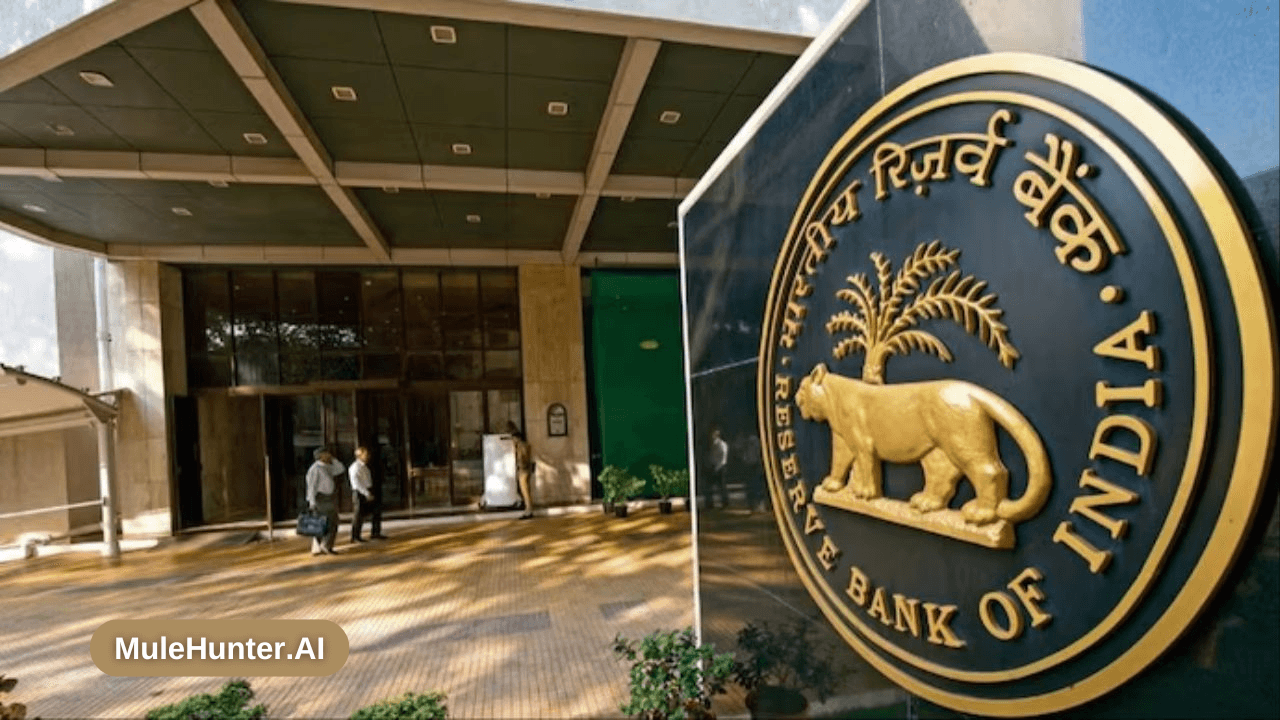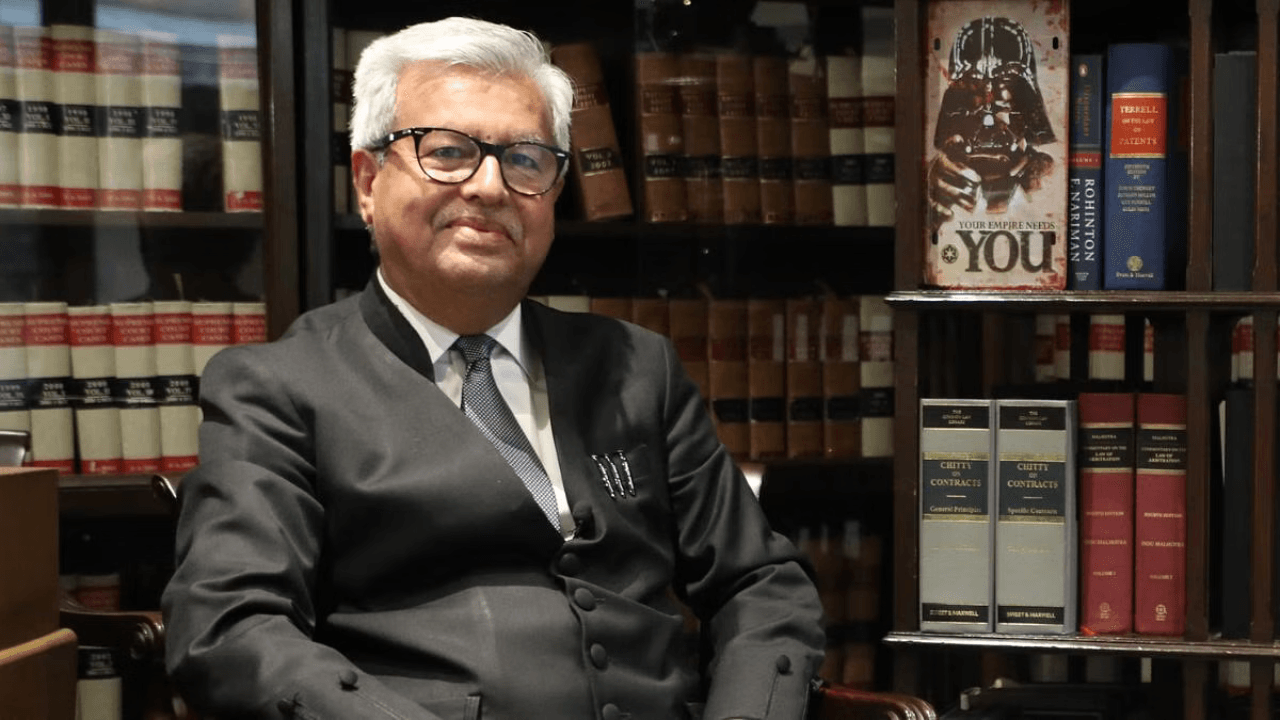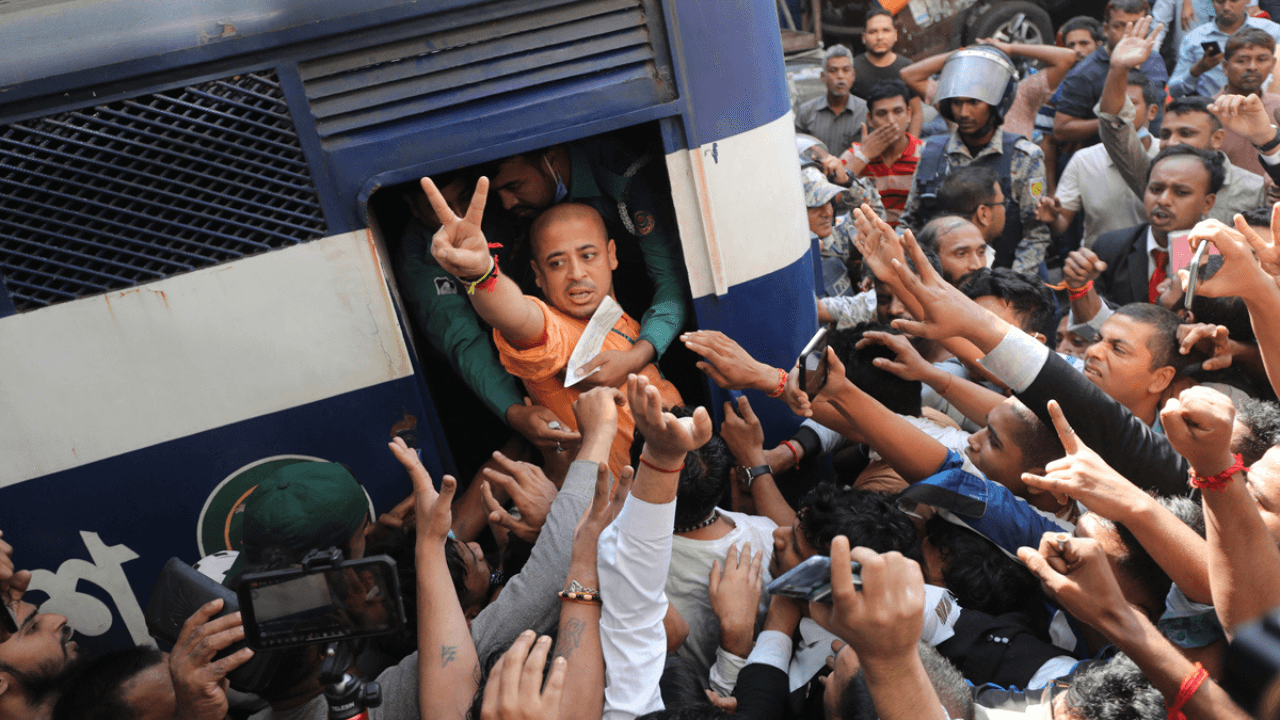In a landmark judgment on December 11, the Supreme Court of India on Monday unanimously upheld the Union government’s controversial 2019 decision to abrogate Article 370, which granted special status to Jammu and Kashmir. The five-judge bench, led by Chief Justice of India Dhananjaya Y. Chandrachud, termed the abrogation a “culmination of the process of integration” of Jammu and Kashmir into the Indian Union. They declared it a valid exercise of presidential power, emphasizing that Article 370 was always intended as a temporary provision.
Supreme Court upholds reorganisation of Ladakh as Union Territory pic.twitter.com/8FLSHS5kVa
— ANI (@ANI) December 11, 2023
Constitutional Orders Upheld
The judges also validated the two presidential orders issued in August 2019 that applied all provisions of the Indian Constitution to J&K and revoked Article 370. They ruled that the president didn’t need approval from the dissolved J&K constituent assembly or the state legislature before abrogating the article.
Article 370: The Supreme Court says it holds that Jammu and Kashmir did not retain an element of internal sovereignty after it acceded to India pic.twitter.com/P7hgp9h986
— ANI (@ANI) December 11, 2023
Policy Decision, Executive Action
The court maintained that the abrogation was a “policy decision” within the executive’s domain, and the government had the authority to assess whether special circumstances warranted the move. They clarified that judicial review wouldn’t extend to the president’s assessment of the existence or absence of such circumstances.
Victory for BJP
The verdict is a significant victory for the Bharatiya Janata Party (BJP), which had made abrogation a key election promise. Prime Minister Narendra Modi hailed the judgment as a “resounding declaration of hope, progress and unity” for the people of Jammu, Kashmir, and Ladakh.
Two Judgments, One Consensus
While the judges unanimously agreed on the abrogation’s validity, they delivered separate judgments. CJI Chandrachud focused on the legal and constitutional aspects, while Justice Kaul urged for a “Truth and Reconciliation Commission” to address human rights violations and foster social reconciliation.
Unresolved Issues Remain
The long-term implications of the decision and the future of the newly formed Union Territories remain uncertain. However, the court’s verdict has undoubtedly opened a new chapter for Jammu and Kashmir, with the promise of elections, potential statehood, and a renewed focus on integration and reconciliation.












